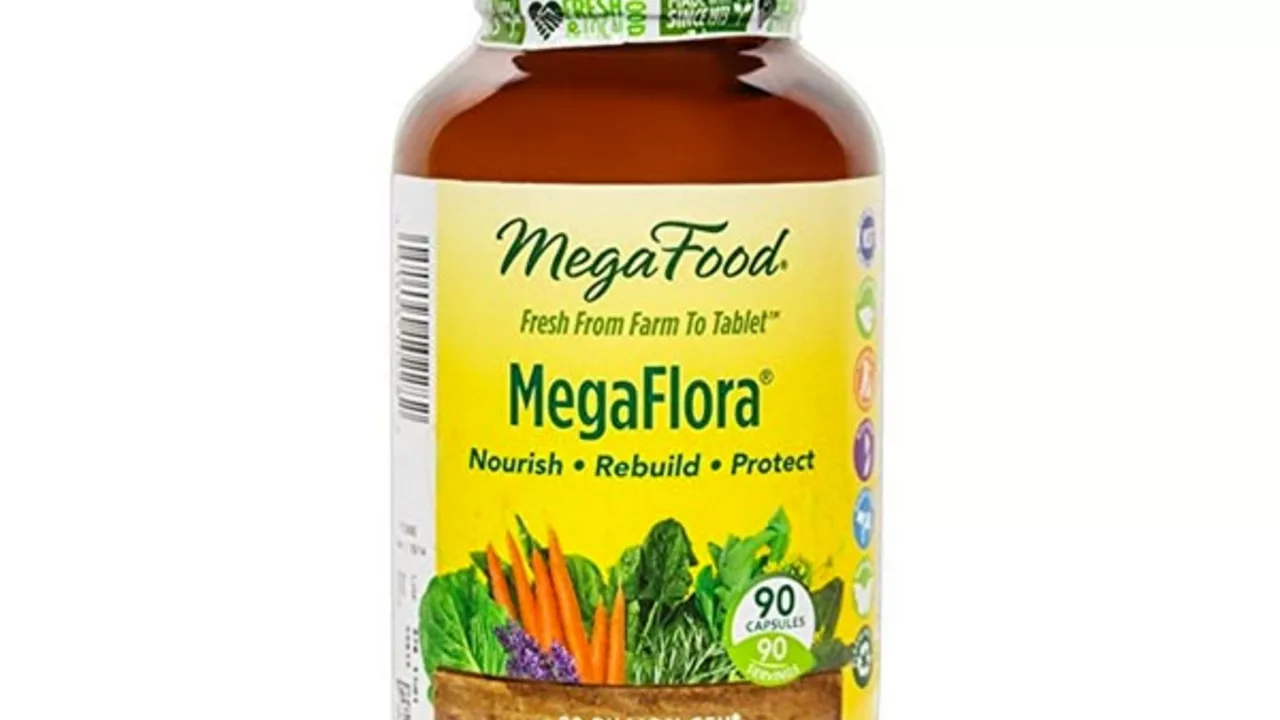Natural Dietary Supplements: What They Are and Why You Might Need One
If you’ve ever walked down an aisle of vitamins and felt overwhelmed, you’re not alone. Natural dietary supplements are products made from plants, minerals or other whole‑food sources that aim to fill gaps in your diet. They’re not magic pills – they simply give your body a boost when food alone falls short.
People turn to these supplements for many reasons: improving energy, supporting joint health, easing stress, or just covering nutritional blind spots. The key is knowing which ones actually work and which are just hype. Below we break down the most common types and give you practical steps to choose safely.
Why People Choose Natural Over Synthetic
Natural supplements usually contain the whole plant or a minimally processed extract, meaning they keep a broader range of nutrients compared to isolated chemicals. For example, turmeric capsules often include black pepper extract (piperine) to improve absorption – something you won’t get from plain curcumin powder.
Many users also appreciate that natural options tend to have fewer artificial fillers, colors, or synthetic binders. This can matter if you’re sensitive to additives or simply prefer a cleaner label. However, “natural” doesn’t automatically equal safe; dosage, interactions with meds, and quality control still matter.
Common Types of Natural Supplements
Herbal extracts: Think echinacea for immune support, milk‑thistle for liver health, or ashwagandha to calm stress. They’re often sold in capsules, tinctures, or teas.
Whole‑food powders: Greens blends (spirulina, chlorella) and fruit powders give you vitamins, minerals, and antioxidants in a single scoop.
Mineral & trace element chelates: Magnesium glycinate, zinc picolinate, and iron bisglycinate are forms that the body absorbs better than plain mineral salts.
Probiotic blends: Live cultures from fermented foods can aid digestion. Look for strains with documented research behind them (e.g., Lactobacillus rhamnosus GG).
How to Pick a Quality Natural Supplement
1. Check the label for third‑party testing. Certifications like USP, NSF, or ConsumerLab indicate the product was tested for purity and potency.
2. Read the ingredient list. Ideally you’ll see a short list with recognizable names – no “proprietary blend” that hides exact amounts.
3. Match dosage to research. If studies use 500 mg of curcumin daily, pick a product that delivers a similar amount per serving.
4. Watch for interactions. Herbs like St. John’s wort can affect prescription meds. Always ask your pharmacist or doctor before adding a new supplement.
5. Start low, go slow. Begin with the lowest effective dose and see how you feel. Adjust gradually rather than loading up right away.
When to Trust a Supplement (and When to Skip It)
If a product promises to cure chronic diseases in weeks, be skeptical. Reliable supplements support normal body functions; they don’t replace medical treatment.
On the flip side, if you’re missing key nutrients – like vitamin D in winter or omega‑3s on a low‑fish diet – a well‑chosen supplement can make a real difference. Look for peer‑reviewed research that backs up the claim and choose brands with transparent sourcing.
Bottom line: natural dietary supplements can be a handy addition to a balanced diet, but they work best when you pick wisely, follow proper dosing, and keep your healthcare provider in the loop.
